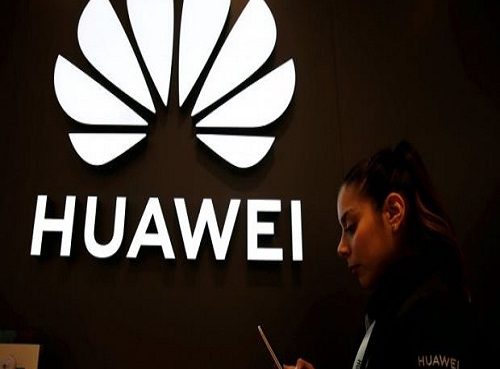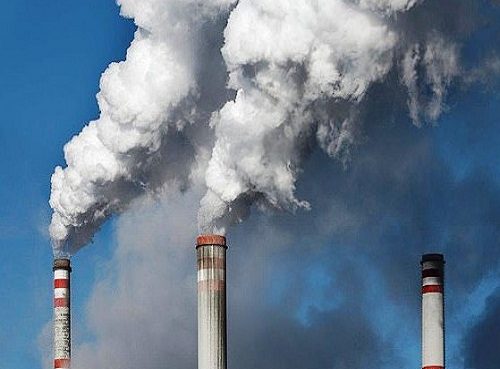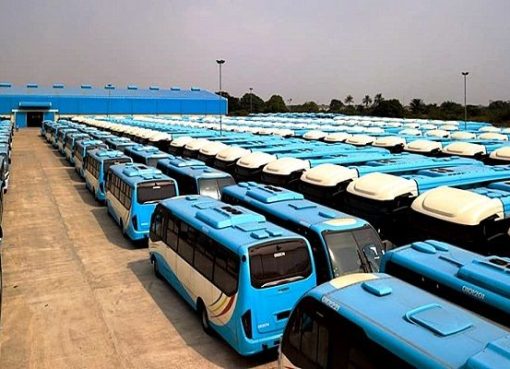There is a scenario where the coronavirus outbreak becomes a turning point in America’s love-hate relationship with Silicon Valley. After being assailed by politicians of both parties for their socially destructive tools that promote isolation, depression and disinformation, the digital monopolies rush in to save the day and hold society intact. Real superhero stuff: An aloof, misunderstood character reveals his secret powers just as things turn really bad.
Thanks to Amazon, our pantries remain filled. Thanks to Google and Zoom, children are still in school, while their parents work from home. Thanks to Instagram and Twitter, we can drink up examples of the human spirit prevailing in quarantine; or else, thanks to Netflix, Apple, and Hulu, we can mindlessly binge reality programming and comfort shows. Thanks to Facebook, we can keep current on the latest news about the spreading virus and the best means we have of fighting it.
Crisis, we know, can enhance the credibility of emerging communication tools. The Americans held hostage in Iran brought an audience to fledgling CNN and paved the way for 24-hour cable news. The attacks on 9/11 boosted web-based news toward the prominence of print. A recent New York Times article speculated that Big Tech could be next in line, emerging from the present crisis “stronger than ever.”
This enhanced status would come not only from our gratitude to these companies for stepping up during a tough time, but from the recognition that we have been too slow to incorporate new technologies in our lives. The coronavirus pandemic would be like those free-month trials that are followed by an option to subscribe, but on a global scale. Why don’t more of us work remotely? Shouldn’t we incorporate the personalization and resources of digital instruction in schools? Need we ever enter a store when online shopping is more reliable and efficient? Whenever we wake up from this nightmare, there is a chance we’ll be waking up to a world with Big Tech even more at the center of our lives.
Yet if this new reality were to come into existence, it would be the surest sign that nothing changed. The gradual destruction, by technology, of our institutions—the local grocery, the local newspaper, the labor union, the community center—would simply have picked up its pace, jolted to warp speed by crisis. The self-absorbed social distancing long promoted by Silicon Valley would have taken firmer root, only to be promoted still further by the next, inevitable crisis.
This urge to destroy institutions comes, I’d argue, from a mix of arrogance and ignorance among tech leaders. These startup founders and investors are confident that they have discovered a better way of organizing society through digital tools, even as they lack appreciation for what gets trampled along the way. To care too much is to succumb to sentimentality and dreaded groupthink. Long-time Facebook board member Peter Thiel explained in his self-help book “Zero to One” that he begins job interviews by asking, “What important truth do very few people agree with you on?” He later clarified that he wasn’t promoting being different for its own sake: “The most contrary thing of all is not to oppose the crowd, but to think for yourself.”
The Silicon Valley know-it-alls, as I described them in a book of that name, disdain traditional institutions as being backward, inefficient, and confining. Better are the flights of fancy that imagine us all as individuals seeking to better our own condition, oblivious to attendant social costs. Such a perspective would help explain the many Valley-adjacent figures who have felt qualified to chime in on how we should be fighting the spread of the coronavirus. Aaron Ginn, a Bay Area-based technologist, made the case that we are overreacting to the pandemic in a much-criticized essay, “Evidence over hysteria—COVID-19,” that was taken down from Medium after more than 2 million views in less than 24 hours; Elon Musk made a similar appeal on March 6 with five words on Twitter, “The coronavirus panic is dumb.” A recent tweet by the tech investor Keith Rabois, with photos of three books, was also succinct: “Reading material that will lead you to disbelieve the experts, particularly medical ones.”
We have now arrived at a perplexing moment in our nation’s history, when social isolation—withdrawing oneself from communal spaces—has become an act of social bonding and solidarity. But when and if the world is safe again for collective action, the next step should not be to retreat deeper into our homes, and closer to our screens. At that point, social distancing would go back to being an act of selfishness, rather than one of care; now abetted and encouraged by for-profit tech companies.
Instead, when that day comes, we must rebuild our social bonds in close quarters, away from our screens. We must pause our online shopping, put aside our virtual friendships, and pull back from remote experiences and distance education; to restore the value of the neighborhood store, the public school teacher, the local library, the public park and, yes, the workplace, too. With any luck, these days of despair will represent the peak of our dependence on the tech-enabled tools of social distancing, not the vehicle for their ascent.
Source: Wired









